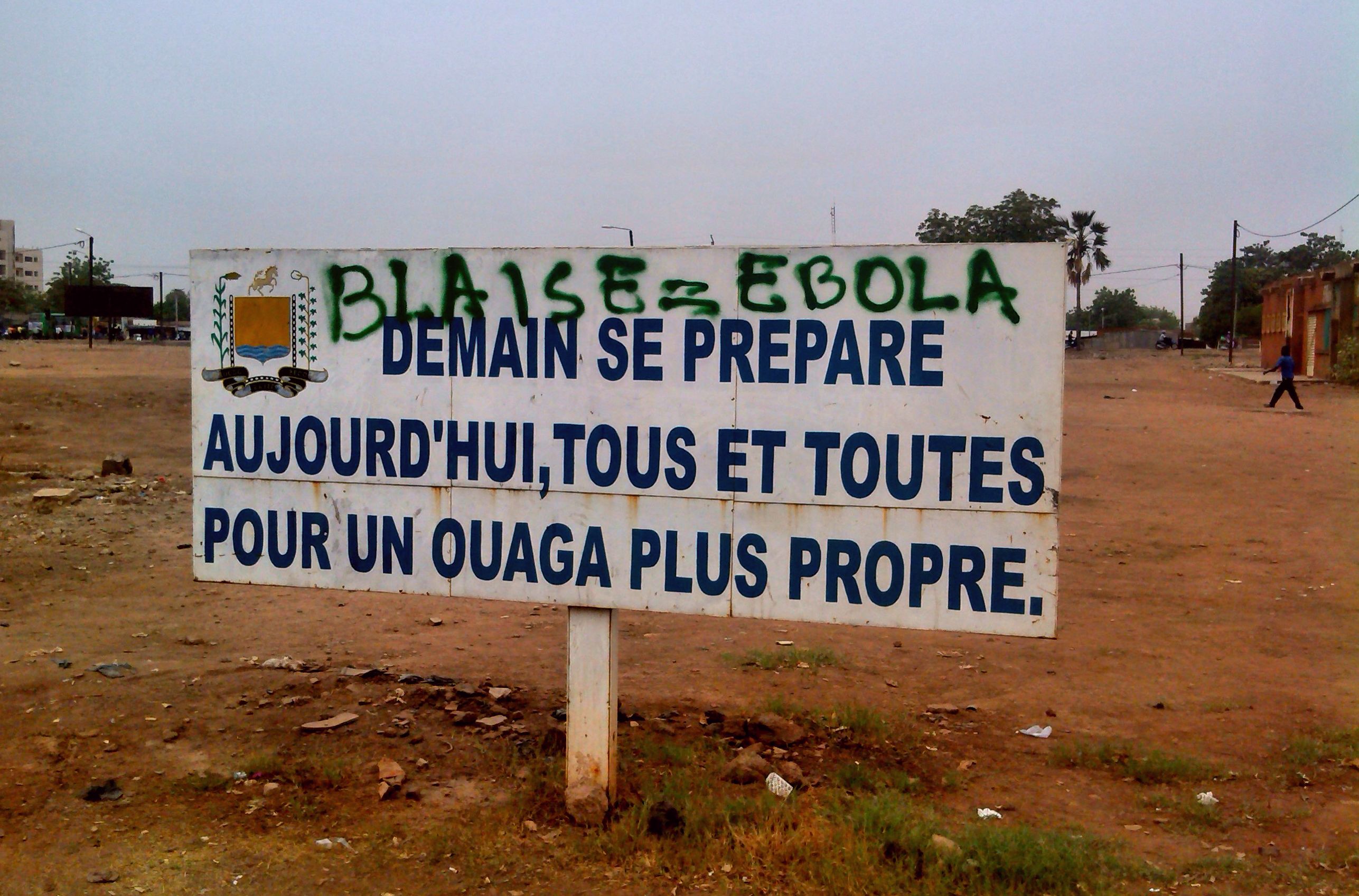On Friday 2 March 2018 around 10 o’clock, two coordinated of terrorist attacks took place in Ouagadougou, the capital of Burkina Faso. The first attack involved gunmen seeking to enter the Embassy of France, exchanging fire with soldiers from Burkinabe and French special forces. Four gunmen were killed in the attack against the Embassy, and no casualties among the special forces. The second attack took place a few minutes later. A vehicle stuffed with explosives detonated at the Chief of Defence staff’s headquarters (État-major des Armées), followed by shootings between attackers and Burkinabe defence forces. Eight Burkinabe militaries were killed together with another four attackers. Moreover, there were many wounded in the headquarters. The car bomb seems to have targeted a high-level meeting of senior military staff of the G5 Sahel Joint Force. The blast destroyed the room where the meeting would have taken place had it not been relocated shortly before the attacks.
In total, the attacks led to 16 deaths, including eight assaulters. The number of wounded people amounted to some 80 persons. Yet in the afternoon the same day, French media outlets held that as many as 30 people had been killed. While this information was rejected by Burkinabe public authorities, and soon turned out to be false, it did fuel rumor and speculation, fear and anxiety. Continue reading
